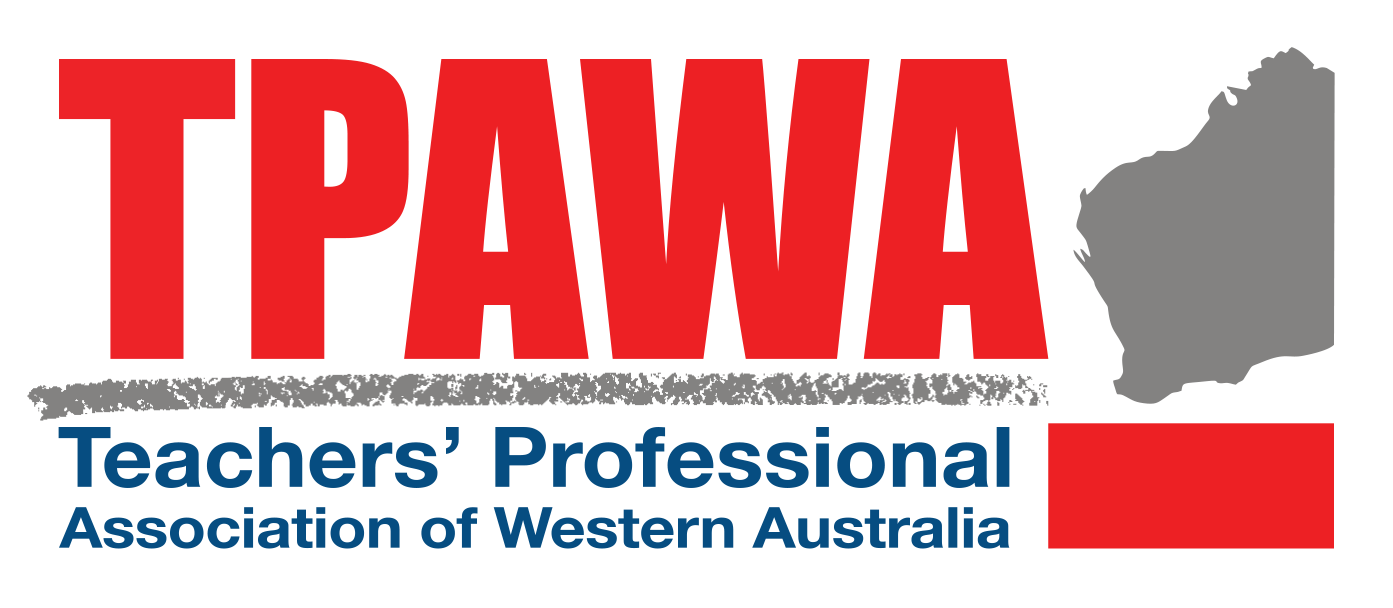Graeme Haycroft, founder of Red Unions and Local Action Australia, criticized unions' political influence on the ALP. Red Unions focus on transparency and avoiding political funding. Local Action Australia aims to empower local communities to address issues through decentralization and local decision-making.
Transcription:
Murray Jones: Well, as we well know, unions have always played a very important role here in Australia. We go back hundreds of years, the Eureka Stockade, the Shearers' Strike, and of course, the Labor Party out in Barcaldine basically was formed as a result of the Shearers' Strike and some issues in that part of the world. Unions have always been very important for workers. But of course, in this day and age, things have changed quite dramatically. Regardless of your political position, I think the stranglehold that unions have on political parties, particularly the ALP here in Australia, is a bit of a concern. In so many ways, it paralyses industry and communities to a degree as well.
My special guest this morning is Graeme Haycroft, the founder of Red Unions, and also the founder of a slightly different initiative here in regional Australia. Graeme, nice to talk to you. Thank you so much for your time this morning.
Graeme Haycroft: Oh, pleasure.
Murray Jones: Let's talk a little bit more about Red Unions because my partner, she's a member, she's actually a teacher, and she got angry one day when she heard about the union she was involved in, basically having a piss-up and spending her money on a piss-up. Obviously, those political connections are the reason why you founded Red Unions, and it's doing very well right across Queensland, I understand.
Graeme Haycroft: Yes, indeed. We've got nearly 20,000 members, nearly 20 and a half thousand, and we set up in New Zealand as well. We're racing towards 21,000.
We set it up around 2012 after I retired. I was approached by a bunch of nurse friends who said, "Gee, Graeme, why don't you start up a nurse union?" I looked into it and thought, "They don't do very much for the money." So, after some research, we set the thing up based on the Sunshine Coast, and it has grown steadily from there.
We pose an existential threat to traditional unions because they're not separate. We started with the nurses and then moved to the teacher unions, and we've got a few others as well. But those are the main two. People think they're different, but they're actually wings of the ALP. There's nothing wrong with this; the nurse unions and the teacher unions are the financial arms of the Labor voters where the money comes from. It's interesting when you look at the volume, if you want me to talk about that.
Murray Jones: Yeah, and when it comes to the fees, obviously, it does cost a bit to run a union. You get a synergy when you have bigger numbers, and it makes it cheaper on an individual basis. But there's an excess, a profit there. And look, you know, let's take the politics out of it. It doesn't matter, you know, which brand of politics it may be. But if you get large unions that have a monopoly and a stranglehold and the money's going back to one political party, you know, there's a fundamental issue there.
Graeme Haycroft: Absolutely. When I read the Constitution to the Red Unions—it's the Nurses' Professional Association of Queensland and now Australia and the Teachers' Professional Association of Queensland and Australia—I made it quite specific that no member money could be used for any political purpose.That was to completely differentiate ourselves from the others.
We're a conservative union, but we do not financially support the LNP in any way, shape, or form. The numbers are interesting. As you said, there are economies of scale. With about 20,000 members, it costs us a bit over $400 to provide the service. We're charging about $450, $460 for full-time membership.
When you get bigger and have more numbers—40,000 or 60,000—you could do it for $200, $250. Both the teacher and nurse unions charge about $750, and it only costs them $250, so there's about $500 left. With our 20,000 members, we've stopped $10 million going to the ALP.
Forget about that number. Just look at the amount; you've got 100,000 teachers and nurses roughly in Queensland. $500 per head, per member, there's $50 million a year that's being used to support the ALP. This is a tremendous advantage. You ever wonder why the LNP is barely visible in this election campaign? It's because the route's been about 20 to 1.
Murray Jones: Well, let's move on to your more recent initiative, Local Action Australia. I believe you've been in Cairns in the last week or so. Explain this to me because if you're saying that you're from a conservative background, obviously economic rationalism and often centralising things is one of the key tenets of the economic concepts from that conservative perspective.
But in a lot of ways, what you're talking about can be seen as a bit of a socialist perspective where you're actually putting more of the power back to local people. Thus, Local Action Australia. Tell me a little bit more about this concept and how it fits in.
Graeme Haycroft: It started with some research we did for nurses and teachers. We discovered—though it wasn't easy to find, it's well hidden—the ratio of teachers to bureaucrats and nurses to bureaucrats is two to one. This is nonsense. For every two teachers, every two nurses, there's a bureaucrat somewhere, mainly in Brisbane. They don't help. It's been 56 years since I last taught. We didn't have any bureaucratic overload. The bosses I remember at Hampton High School in Victoria, Melbourne, had a secretary, and that was it. The only thing that came from outside the school was our cheques.
In those days, I'm not saying they were better, but we could measure the economic outcomes, sorry, the education outcomes, and it was actually better. Not that I helped very much, I was teaching for a very short time and loved it. But today, the teachers can't control the classroom because of the rules set by the bureaucracy and this huge weight of interference that your wife would know all too well. It takes 10 years to become a teacher. And they're told what to do by these faceless bureaucrats. Thousands of them, with all this nonsense curriculum. That's all coming from—it's not coming from Cairns, it's coming from Brisbane and Canberra. So, we've set up a separate organisation, Local Action Australia, to start finding candidates in local areas who are prepared to run, on the basis of bringing the problems and solutions back locally, by changing the legislation. This applies right across the main areas.
Cairns Hospital is a basket case, as are all the hospitals in Queensland. The solution is not more bureaucrats in Brisbane working out what needs to be done. They wouldn't have a clue, they are the problem. The solution is to have a local board elected by the locals, and the only thing that should come from Brisbane is money.
This should be done by formula, not discretion, and let the locals run it. They couldn't possibly do a worse job than what's happening now. I suggest they'll do an excellent job because they have a vested interest in doing it. Same with the schools. Let the parents decide what the curriculum should be.
Murray Jones: When it comes to some of the issues, and coming back to scale and the momentum you get with scale, aren't there universal issues when it comes to standardising education, like they do with NAPLAN, so you can compare things within education areas, or healthcare? Even things like youth crime, which we discussed off air. Sometimes there are bigger issues. Isn't a central approach necessary in some areas?
Graeme Haycroft: The centralisation can collect information and pass it to everyone. I have no problem with the NAPLAN structure; it provides a comparative test of the value of each school. Nothing wrong with that. But that's all it needs to be. The parents can work it out from there. There's debate that NAPLAN's bad because it doesn't tell the whole story. No, it doesn't, but it's a reasonable part of it. Parents aren't stupid for crying out loud. It's their children. Parents should decide.
What we've got to do with them in the education sector is give the parents the power to move their children from one school to another. That's basically all you have to do and then you let the schools run themselves. Parents aren't stupid; they'll find ways to compare schools and talk to each other. All this nonsense about whether an eight-year-old child should be taught gender reassignment theory wouldn't be discussed if parents actually had the right ability to move their children easily from one school to another, would anyone even be talking about some of this?
Murray Jones: It's an interesting concept. I can see that economic rationalism and some conservative approaches have contributed to the issue. But taking your approach, which can be seen as a bit of a socialist approach, localising solutions to local issues makes a lot of sense. It's an interesting combination of left and right, Graeme.
Graeme Haycroft: You have a different definition of socialism than I have. Socialism is about centralism and central control. That's the problem with it. The best solutions come close to home, the principle of subsidiarity. Catholic listeners would understand that term. Decisions about issues should be made as close as possible to where the problem is. You have a local crime problem, like in Cairns with 70 resi homes where 90% of local youth crime originates. Surely the best place to fix it is Cairns. I don't know the solution, but I'm sure people in town can work it out. We want people to run for Parliament in Cairns, saying we want legislation allowing us to form a board to make decisions and fix the problem locally. Involving Aboriginal communities is crucial; they're not happy with what's going on.
Murray Jones: It's an interesting concept. Maybe socialism isn't the best term, but I mean the social aspect of doing things on a grassroots level. Check it out, it's called Local Action Australia. Graeme Haycroft is behind Red Unions. An interesting discussion this morning, and I think we'll be hearing more from Local Action Australia. Graeme, thank you so much for your time this morning.
Graeme Haycroft: Thanks, Murray.
Related Posts
Case Win: Resolving Workplace Injustice
How TPAA Safeguarded a Members’ Professional Reputation in Education
Education is one industry...
Why the TPAWA is the Best Union for Teachers and Educators
What makes the TPAWA the best union for teachers and educators across Western Australia?
From...
Case Win: Defending Teachers Facing Leave Discrepancies
Resolving leave discrepancies in the workplace
Navigating leave discrepancies as a Teacher can be...


